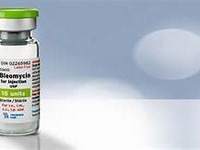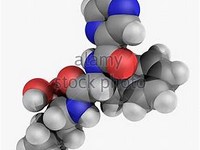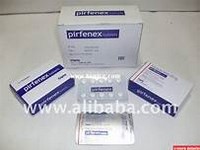Paclitaxel

CLINICAL USE
Ovarian and breast cancer Non-small cell lung carcinoma AIDS-related Kaposi’s sarcomaDOSE IN NORMAL RENAL FUNCTION
100–220 mg/m2 every 3 weeks depending on local regime and duration of infusionPHARMACOKINETICS
DOSE IN RENAL IMPAIRMENT
GFR (mL/MIN)
DOSE IN PATIENTS UNDERGOING RENAL REPLACEMENT THERAPIES
IMPORTANT DRUG INTERACTIONS
Potentially hazardous interactions with other drugsAntidiabetics: metabolism of rosiglitazone possibly inhibitedADMINISTRATION
Reconstition
–Route
IVRate of Administration
3 hours depending on regimeComments
Dilute to a concentration of 0.3–1.2 mg/ mL with sodium chloride 0.9% or glucose 5%Stable for 27 hours at room temperatureOTHER INFORMATION
Administer through a 0.22µm in line filter Use non-PVC infusion bags Hepatic metabolism and biliary clearance are the principal mechanisms for disposal. Mean values for cumulative urinary recovery of unchanged drug ranged from 1.3 to 12.6% of the dose, indicating extensive non-renal clearance.
See how to identify renal failure stages according to GFR calculation
See how to diagnose irreversible renal disease
Home








